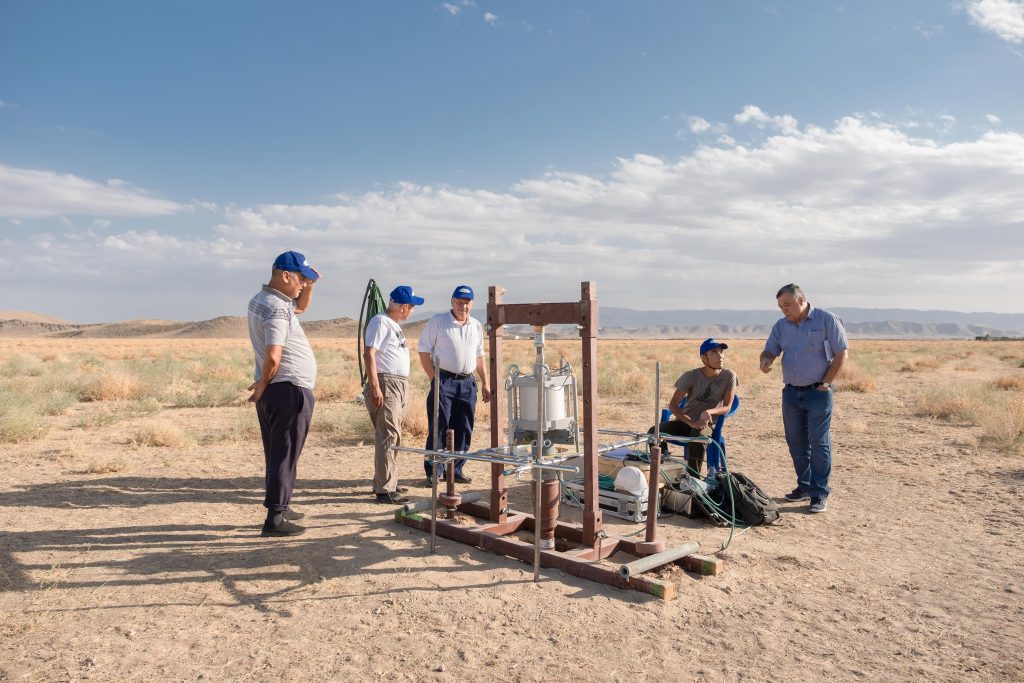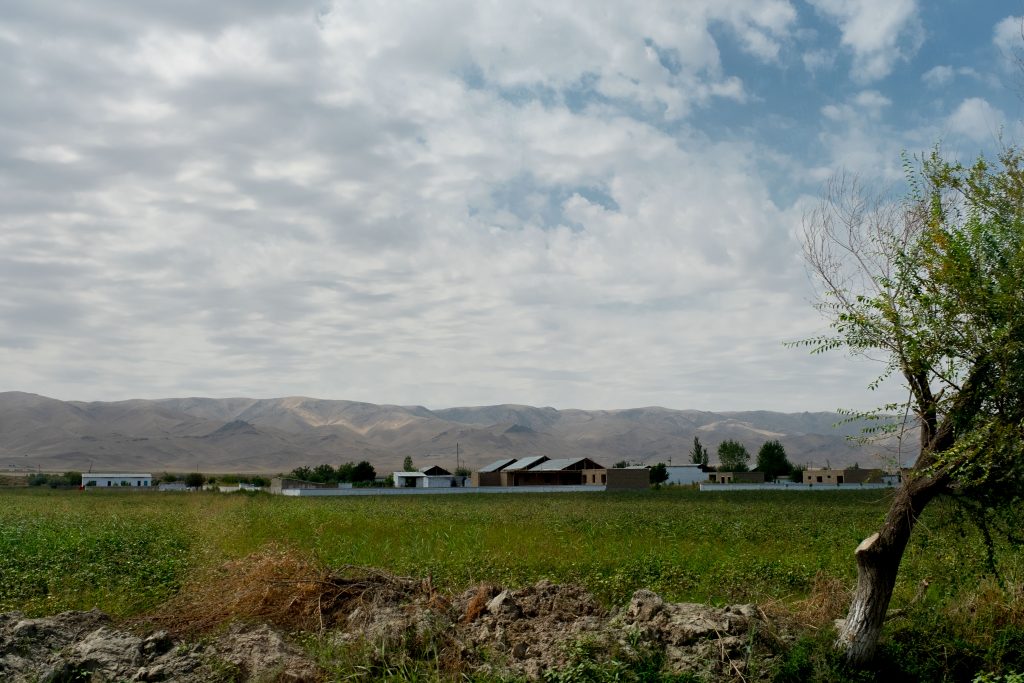
No Way Around Plant
back to contentsUzbekistan is set to begin the construction of a nuclear power plant, world leading experts say. Tashkent stays in close contact with international organizations, develops its nuclear infrastructure, and trains staff for the yet-to-be-built nuclear power plant.
The official website of the United Nations published an article entitled ‘Uzbekistan Ready to Build its First Nuclear Power Plant’. “IAEA experts say Uzbekistan is working hard to meet all safety requirements and follow non-proliferation principles. Being a major global supplier of uranium, the country holds out hope for nuclear to become its low-carbon energy source and reduce greenhouse gas emissions while increasing its generation capacity,” the UN News Center writes. The country’s nuclear power program is noted to be strongly supported by the national government.
In late June, Ambassador Abat Faizullaev, Uzbekistan’s Permanent Representative to the international organizations in Vienna, had a meeting with Mikhail Chudakov, IAEA Deputy Director General and Head of the Department of Nuclear Energy.
As reported by Dunyo Information Agency, Mikhail Chudakov stressed that the IAEA and Uzbekistan organizations had long been working together and that their relationship strengthened on the back of the Uzbekistan Government’s decision to build a nuclear power plant.
The Deputy Director General believes Uzbekistan has made substantial progress in creating its nuclear energy infrastructure. The experience the nation has gained can be shared with other countries that have opted to embark on nuclear. An important milestone in the cooperation between the two countries is the IAEA Integrated Nuclear Infrastructure Review (INIR) mission that visited the country not long ago. It was mentioned at the meeting that the INIR mission to Uzbekistan found an echo with the global expert community. Another expert mission is set for August to review Uzbekistan’s site selection report. In October, the country will host a mission whose task will be to assist in nuclear knowledge management and human resource development.
Mikhail Chudakov also praised an agreement signed in Tashkent by the IAEA and Uzbekistan Academy of Sciences Institute of Nuclear Physics on joining the Internet Reactor Laboratory (IRL) Project. The agreement will contribute to enhancing international cooperation between nuclear research laboratories in staff training and safe operation of nuclear reactors. Uzbekistan will also organize national seminars on economics and finance for under-construction nuclear power plants, and IAEA recommendations on licensing nuclear installations.
Mikhail Chudakov also praised the efforts made by Uzbekistan in training staff for the yet-to-be-built nuclear power plant.

In early summer, the Uzbekistan Government approved an admission quota for the applicants to the Tashkent Branch of Russia’s National Nuclear Research University (MEPhI) for the 2021/2022 academic year. As informed by the Ministry of Justice of Uzbekistan, the quota is set to be 100 students, including 25 students of nuclear energy and thermal physics, 25 students of nuclear physics and technology, 25 students of thermal engineering and technology, and 25 students of electrical engineering and technology. The applicants will have to pass entrance exams in mathematics, physics, Russian and literature, with all exams to be supervised by Russian experts.
Opened in September 2019, the Tashkent Branch of MEPhI is its first branch abroad. Two hundred students were enrolled in the last two years, Tashkent Branch director Sairambai Egamov says. According to him, the best students will be engaged to participate in research projects carried out by the university. In the third year of studies, the number of subjects taught will increase, and some of the workshops will be held in the Institute of Nuclear Physics of the Uzbekistan Academy of Sciences. Major subjects will be taught by teachers from Russia. This autumn, the university will receive a new dormitory. Construction of two nine-story buildings is currently underway.
Energy for the country and for the region
In Uzbekistan, demand for electricity is growing at pace. Power consumption in the country is estimated to double by 2030, from the current 63.6 billion kWh to 120.8 billion kWh. However, more than 50% of the national grid infrastructure needs overhaul and replacement. In response to the problem, a low-voltage grid upgrade program was introduced in Uzbekistan in 2017.

What effects will the inclusion of nuclear into the national energy mix produce on grid upgrade costs? Uzbekistan produces almost all of its electricity with alternating current generators at thermal and hydro power plants, the Narodnoye Slovo web portal writes. Nuclear power plants also generate alternating current. For this reason, connection of nuclear capacity to the existing power grid is a standard procedure, and no additional upgrade costs will be needed to bring online a nuclear power plant. The same is not true, however, for solar generation. Solar farms generate direct current that needs to be converted to alternating current before they can be connected to the national grid. What is more, solar power is intermittent. “This means our power grids have to meet all the applicable requirements,” explains Abdulla Otaboev, Head of Renewable Energy Department, Ministry of Energy of Uzbekistan. Deputy Minister of Energy Sherzod Khodzhaev added that nuclear and renewables were not rivals but rather low-carbon energy mix components complementing and strengthening each other.
The importance of a nuclear power plant for Uzbekistan and the entire region is stressed by both Uzbek and Russian experts. “Demand for electricity is rising steadily in Uzbekistan and every neighboring country as integration processes within the SCO and EAEU stimulate industrial and agricultural growth. The Unified Power Grid, which is now restored in Central Asia, needs new capacity and the Uzbek-Russian nuclear construction project will secure it,” energy expert Boris Martsinkevitch said in an interview for Uzmetronom.




